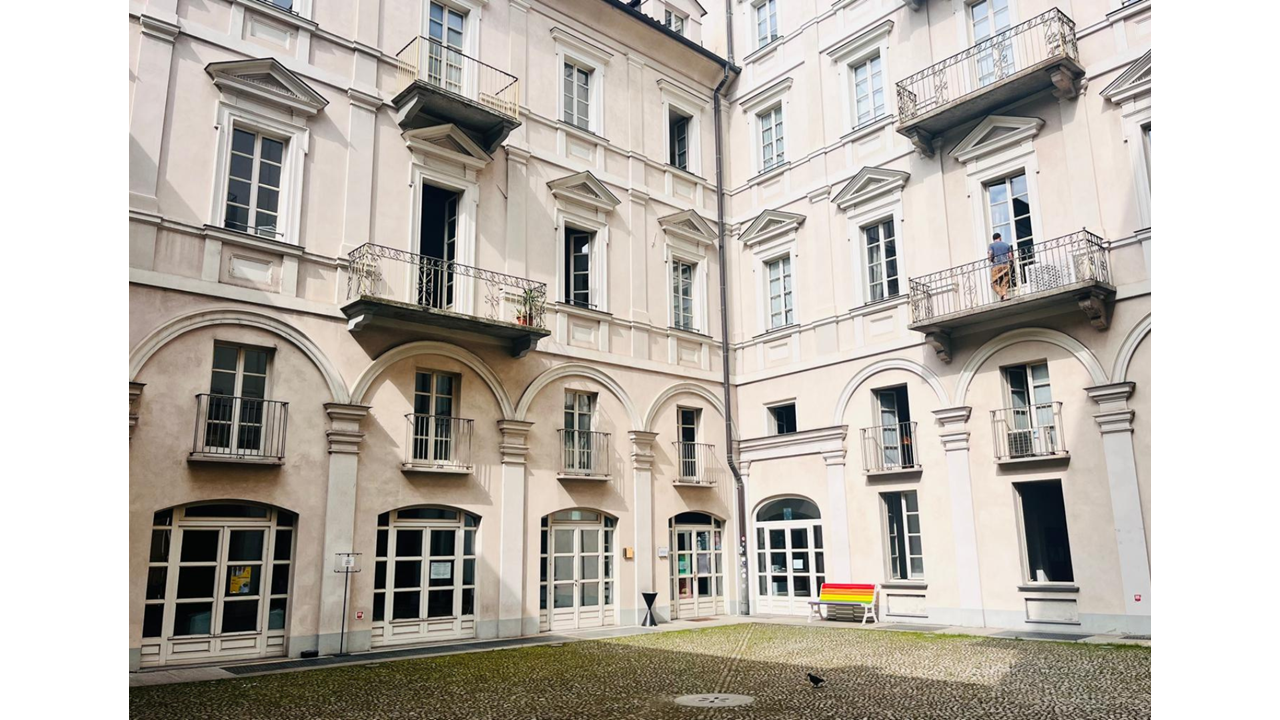
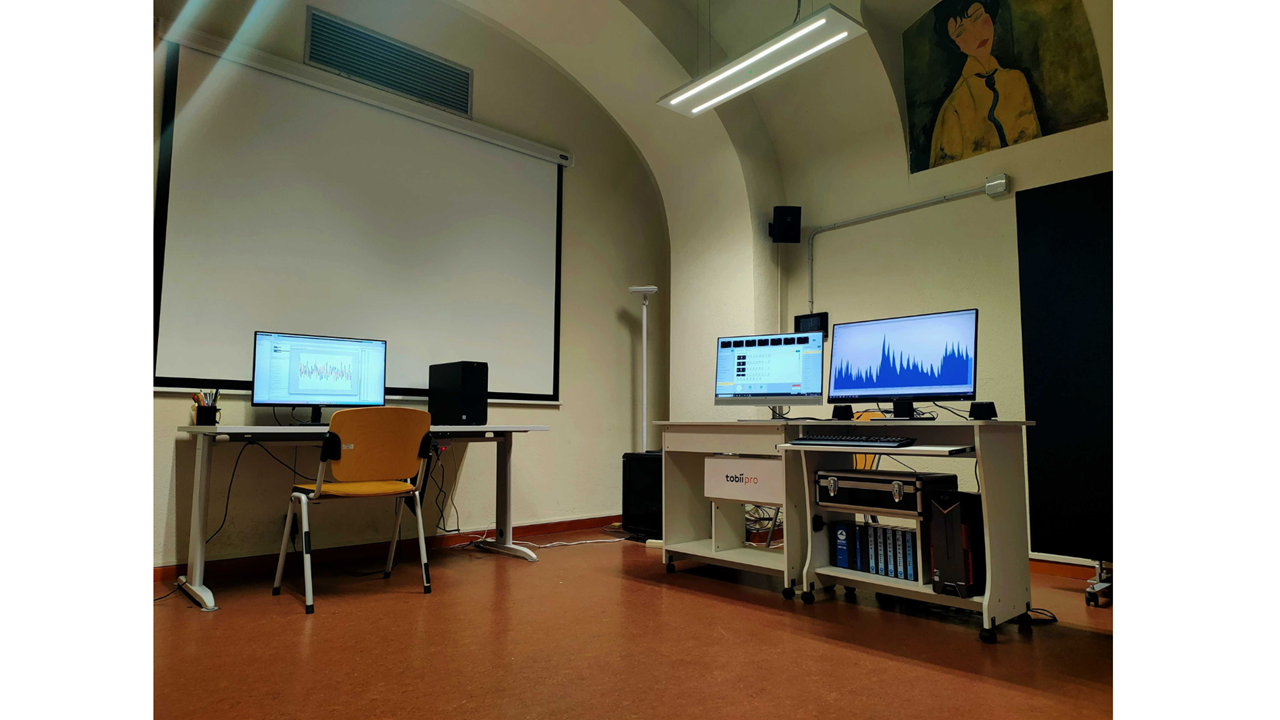
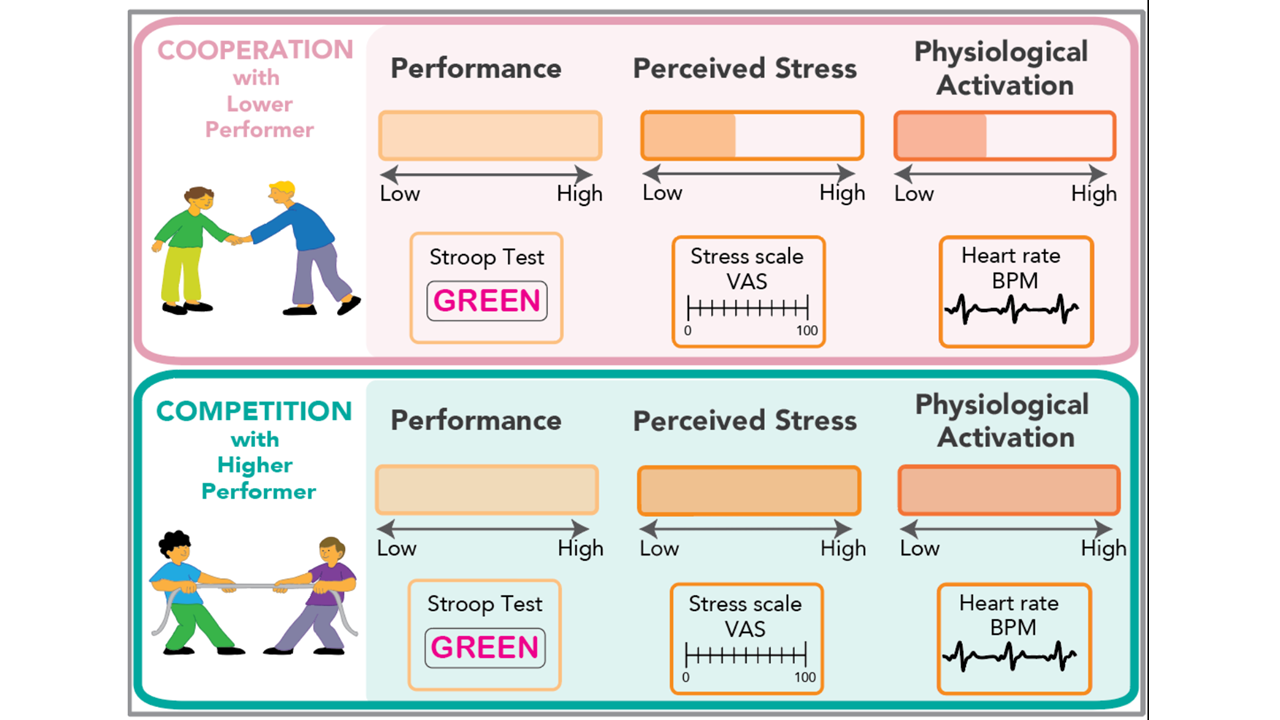
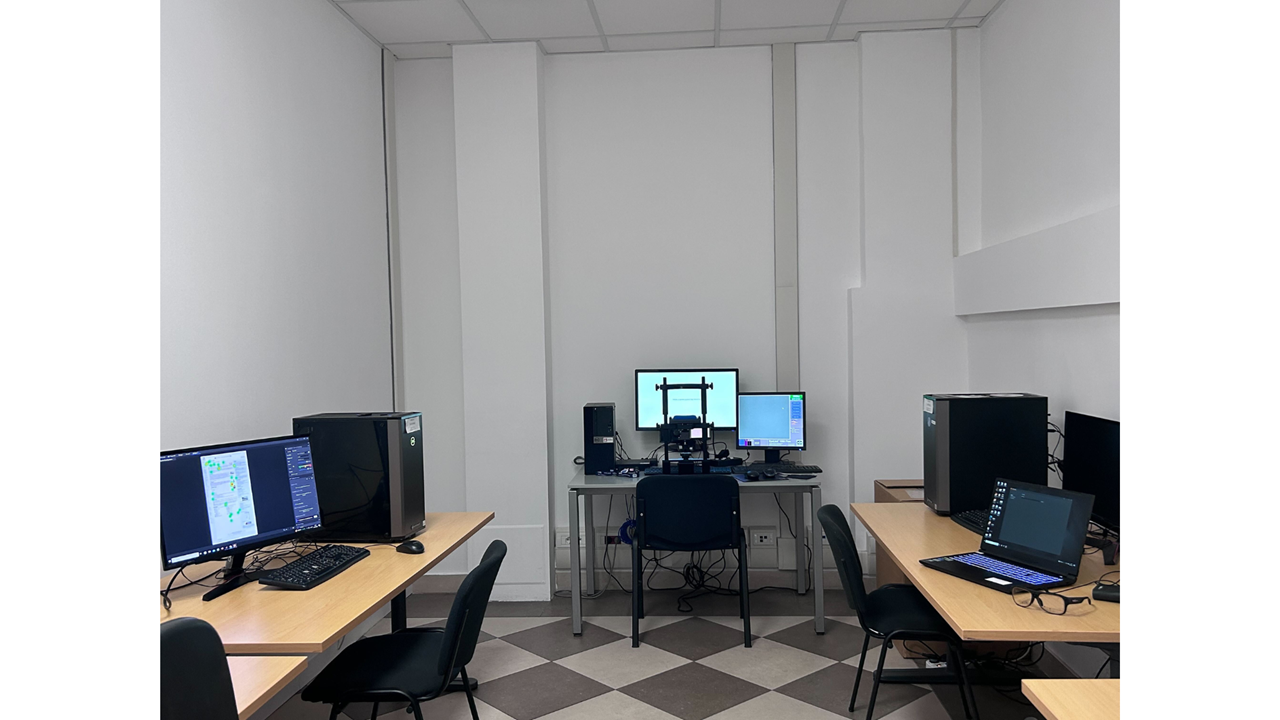
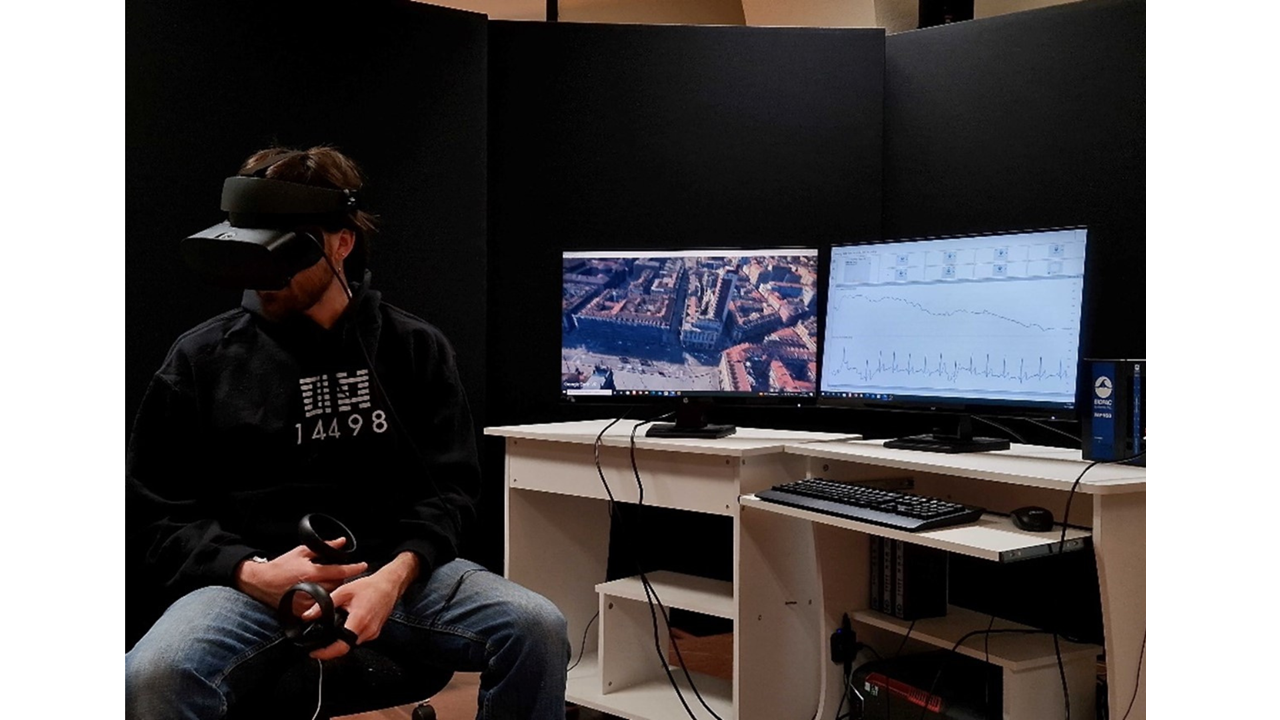
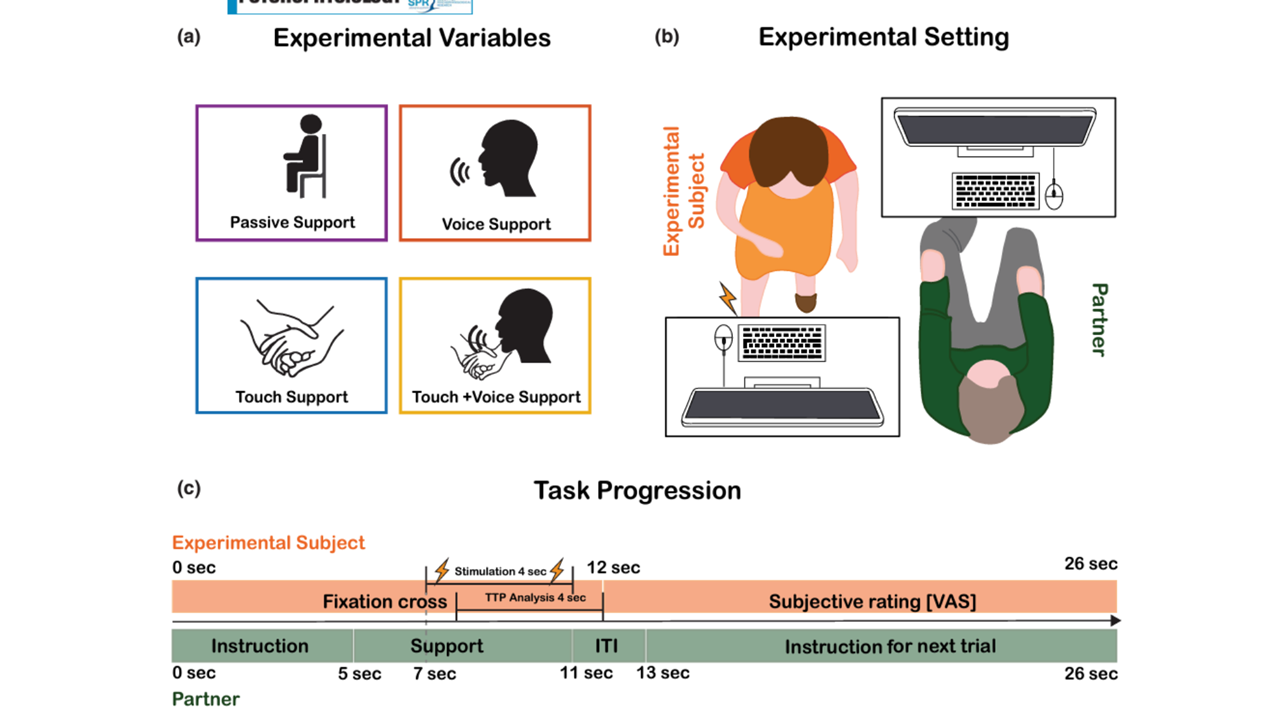
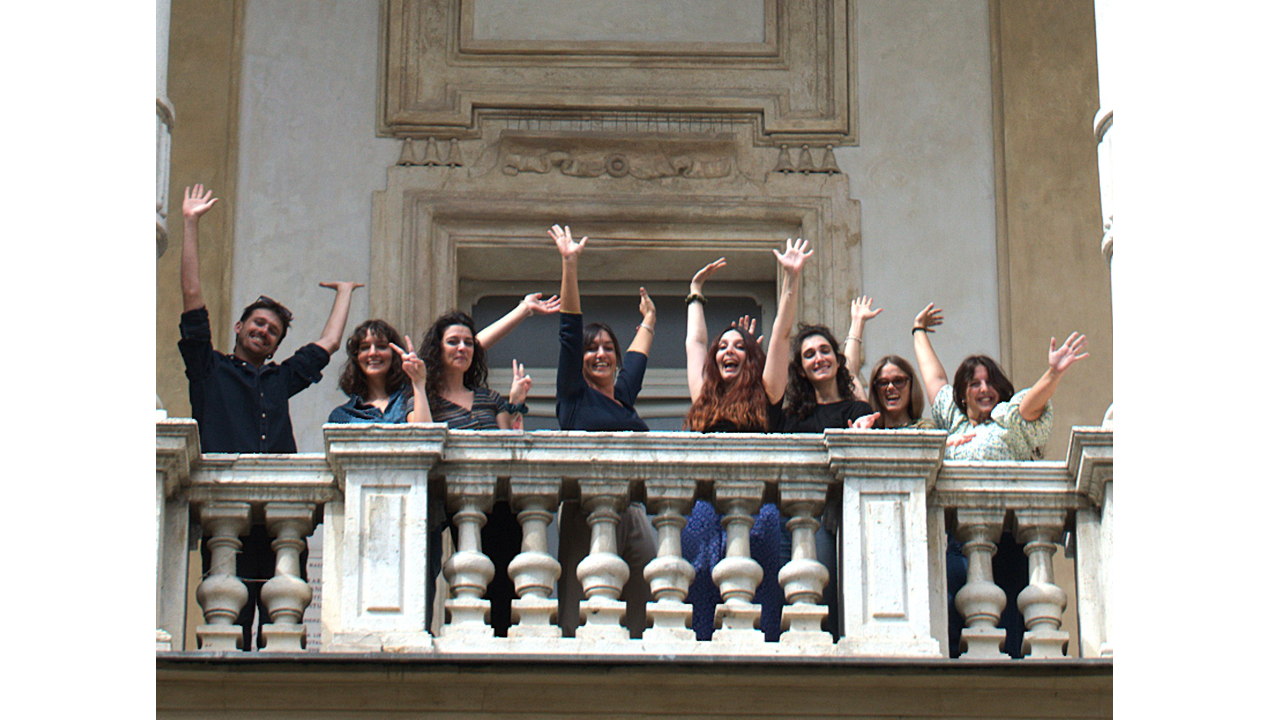
In our laboratory we study social interactions from a neurophysiological point of view
As human beings we are social creatures, and our day-to-day lives are defined by the social interactions we entertain with each other. In the Social Interaction Lab, we aim at identifying the numerous little bricks that, once put together, define a successful social interaction.
Our wellbeing in social contexts relies on the abilities we have developed growing up, as such, one of the topics we study involves dyads of mother-child, both in neurotypical and neurodivergent populations. We particularly focus on the physiological responses to affective touch and the physiological synchronization of dyads. A social interaction is also defined by the physical distance we keep from each other; indeed, we are currently working on both the behavioral and physiological responses to revised versions of the stop distance paradigm. Importantly, successful social interactions strongly depend on our ability to take decisions that benefit us and others, while also accounting for cooperative or competitive inclinations.
To address the numerous elements that define social interactions, we particularly focus on behavioral and neurophysiological measures, such as, Skin Conductance Response, Heart Rate Variability, Eye Movements and Pupil Dilation, Facial Electromyography, and Electroencephalography. Crucially, we aim at maintaining ecological validity in what we study, to achieve that, in the last years we have started fruitful collaborations with informatics and engineers to develop realistic Virtual Environments in which we can keep possible confounding variables under control, while avoiding rendering the experience too artificial for participants.